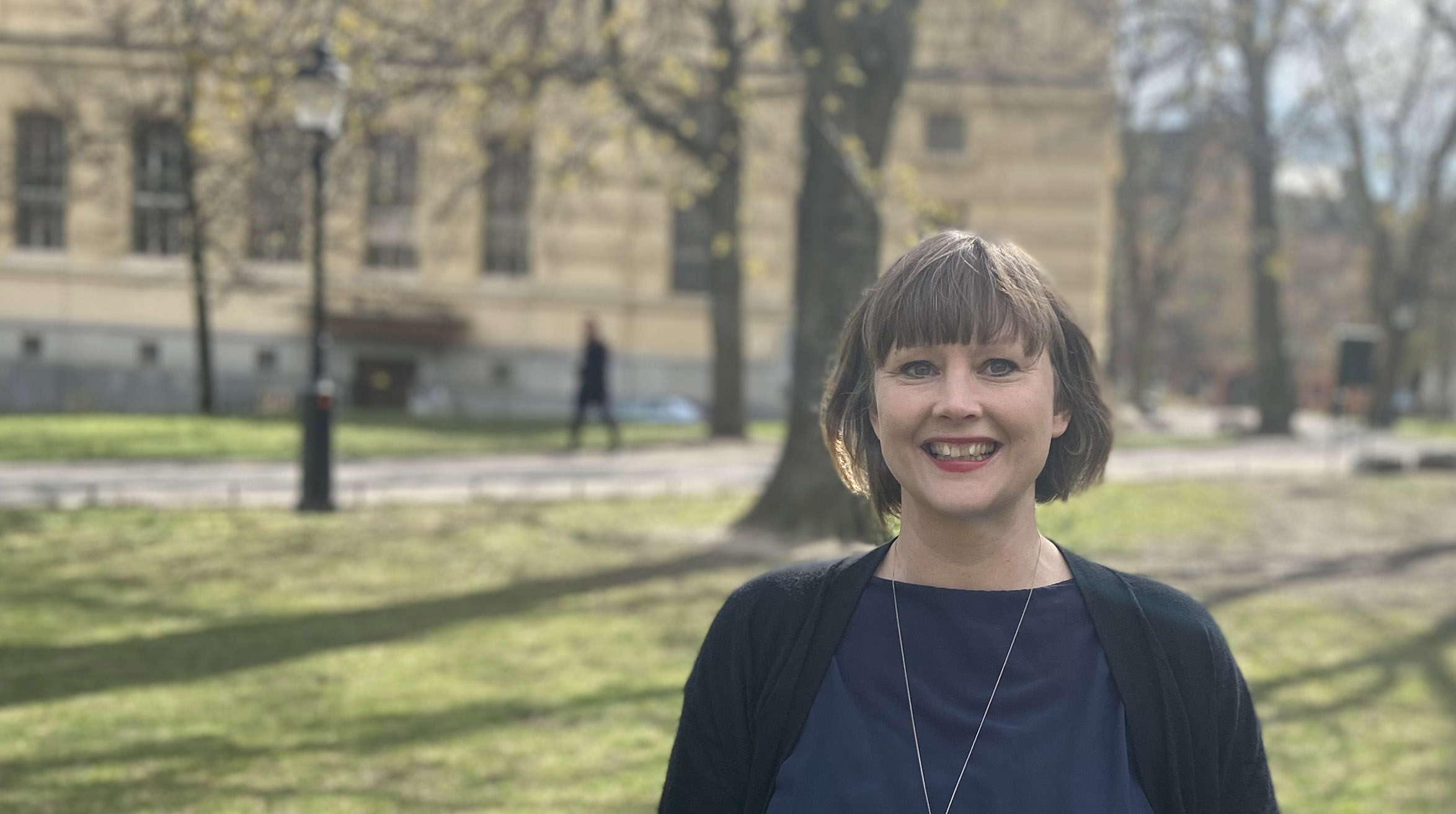Swedish Open Access Journals on Joint Platform
Scholarly journals in Sweden need to become more visible, and make research accessible for all. This is why the National Library of Sweden is developing a national platform for scholarly Open Access journals.

Sofie Wennström is in charge of the development of the national platform.
The Swedish government aims for all publicly funded research from 2020 and on to be Open Access, that is: free for all to read, download and disseminate. The National Library of Sweden has been appointed to coordinate this transition, and in 2019 published a report that focused on Swedish scholarly publications. The report suggested that the National Library should establish and administer a national resource for Open Access journals.
Increased visibility for Open Access journals
At the end of last year, the National Library was commissioned by the government to start working with this resource. Although still in its start-up phase, organizations and higher education institutions are already showing great interest in the project. The goal is to create a national platform that increases the visibility of the published content, as well as enables users to browse all titles and subject areas. The platform will also facilitate day-to-day work, by offering system functions for editorial workflows, such as the archiving of manuscript versions and reviewer comments.
– The demand on functionality and user-friendliness of the platform is high. It is, furthermore, important that the content is easily accessible online and through various databases, without us compromising with the academic quality, says Sofie Wennström, who is leading the development of the new platform.
Sofie Wennström has a long career in academic publishing before this project, and is working part-time at the National Library to realize the Open Access platform. She is normally employed by the Stockholm University Library, where she works with Stockholm University Press – a publisher of Open Access books and journals.
Benefits for researchers and editors
Making journals more visible will hopefully also make them more prestigious as publication channels. Currently, Swedish researchers often rely on international publishers in order to gain academic merits, Sofie Wennström says:
– Within a number of disciplines, it is expected to publish articles in English, in order to achieve international dissemination of results. However, this is not always the preferred route for researchers within humanities and social science. The new platform will increase the possibilities for researchers to gain merits while publishing in Swedish, while still following guidelines to receive support from research funders.
Some Swedish journals are managed by publishers, while others are published by learned societies or editors working on a non-profit basis. With a platform administered by the National Library, publishers would no longer have to pay for their own website. Instead, they could use their already existing means to prepare the material for digital publishing, which will be a sound investment as the platform helps them reach a wider audience.
– We are hoping that the platform will facilitate trackable workflows and promote transparency in editorial work to increase the reliability of the published results, while maintaining the integrity of the academic record and preserving authors’ rights. There are international guidelines on ethics in publishing, which we wish the Swedish editors embrace while working with the platform, says Sofie Wennström.
Participants are consulted
The National Library is currently investigating technical solutions and planning for how to manage the project in a sustainable manner. Sofie Wennström emphasizes that the platform will be developed in close cooperation with publishers and other affected parties:
– It is important that all participants are consulted in order to produce a platform that is easy to use and fulfils users’ needs. New routines always imply some initial extra effort, but will hopefully save resources in the long run. Cooperation is essential for this project to be successful, as well as in the transition to an open science society.
Contact information
Sofie Wennström
+4610 709 31 43
Sofie.Wennstrom@kb.se
